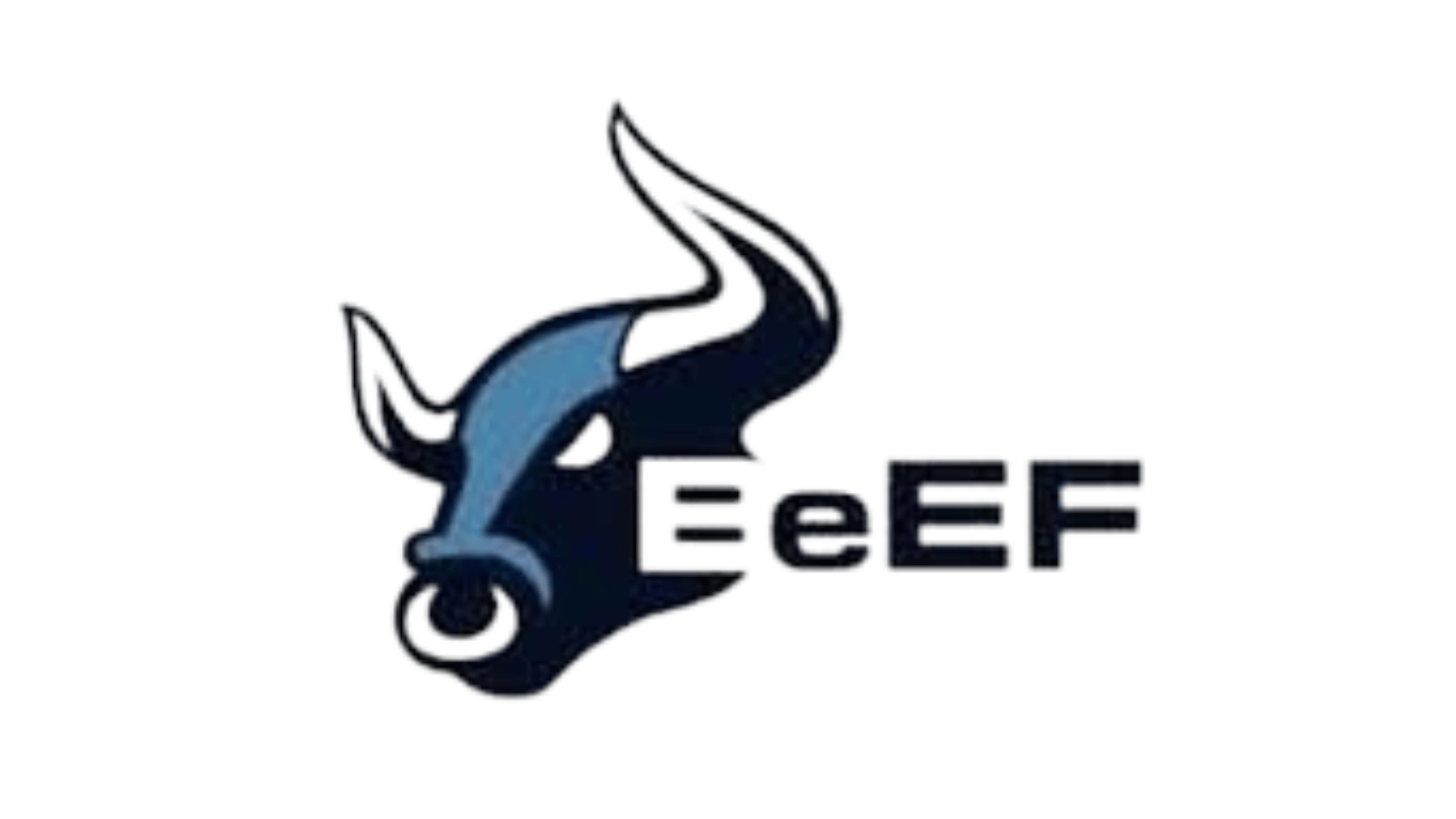Getting Started with BeEF: The Browser Exploitation Framework
One day while exploring web security tools, I discovered BeEF (Browser Exploitation Framework) — a powerful penetration testing tool that demonstrates how vulnerable browsers can be. What started as curiosity turned into an eye-opening journey into browser security. In this post, I'll explain what BeEF is, how it works ethically, and why understanding it is crucial for web developers and security professionals.What is BeEF and Why Should You Care?
BeEF is an open-source penetration testing tool that focuses on browser vulnerabilities. Unlike traditional network security tools: It targets the web browser itself Shows real-world attack vectors Helps developers understand client-side risks Essential for security audits and education As someone running web applications, understanding BeEF helped me secure my projects better.How BeEF Works (The Basics)
Here's the simplified flow: → BeEF runs a command server on your machine → It serves a "hook" JavaScript file → When a browser loads this script, it becomes "hooked" → You can then interact with that browser through BeEF's interface Think of it as a legitimate security testing framework — like having X-ray vision for browser vulnerabilities.Common Use Cases (Ethical Only!)
Security Audits – Testing your own web applications Awareness Training – Demonstrating risks to developers Research – Understanding browser attack vectors Compliance Testing – Verifying security measuresKey Features That Make BeEF Powerful
1️⃣ Browser Information Gathering Detects browser version, plugins, and capabilities Identifies potential vulnerabilities automatically Maps out the target's browser environment 2️⃣ Social Engineering Modules Demonstrates phishing attack vectors Shows how easily users can be tricked Educational for security awareness programs 3️⃣ Network Discovery Can identify other devices on the network Shows how browsers can leak network information Useful for understanding lateral movement risks 4️⃣ Integration Capabilities Works with Metasploit for advanced testing Can be automated for continuous security testing Extensible through custom modulesSetting Up a Safe Testing Environment
⚠️ Important: Only use BeEF on systems you own or have explicit permission to test. Best practices for ethical testing: Use isolated virtual machines Set up a dedicated test network Never test on production systems Always get written authorizationWhat I Learned About Browser Security
After working with BeEF in controlled environments, I discovered: XSS vulnerabilities are more dangerous than I thought Content Security Policies (CSP) are essential Users need education about suspicious links Regular security audits are non-negotiable These insights completely changed how I approach web development.Protecting Against BeEF-style Attacks
For Developers: Implement strong Content Security Policies Use HTTP security headers properly Sanitize all user inputs Regular security audits with tools like BeEF For Users: Keep browsers updated Be cautious with unknown links Use browser security extensions Understand basic phishing tacticsAlternative Security Testing Tools
While BeEF focuses on browsers, consider these complementary tools: OWASP ZAP for web app scanning Burp Suite for intercepting proxy testing Nikto for web server scanning w3af for web application attacks Each tool serves a different purpose in your security toolkit.🔗 Related: Essential Web Security Practices Every Developer Should Know – Implement these to protect your applications.

Comments